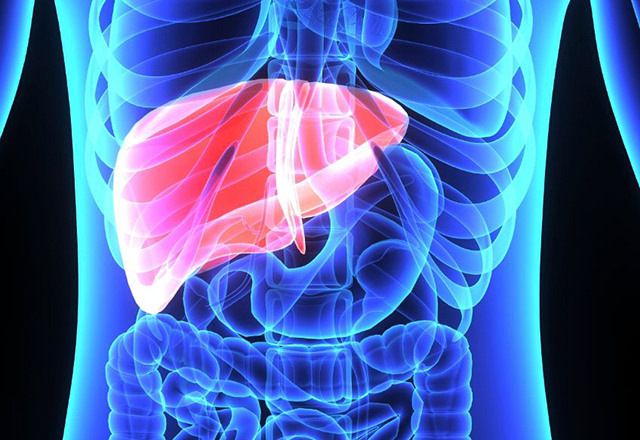Loading
Racial disparities in COVID-19 mortality persist in the U.S. among lung transplant recipients, according to data presented at the International Society for Heart and Lung Transplantation Annual Meeting and Scientific Sessions.
“Our group was interested in trying to look at disparities and come up with ways of not only identifying but finding ways to intervene to decrease the disparities observed within the cardiac surgery population, which lung transplant recipients fall into,” Stanley B. Wolfe, MD, cardiac research fellow in surgery at the Corrigan Minehan Heart Center at Massachusetts General Hospital, told Healio. “We know that the transplant population, whether it be lung, heart, kidney, etc., have very close follow-up compared to a standard patient, but they also are immunosuppressed, which increases your overall risk of getting severe COVID-19, as well as dying from COVID-19.” Read the full story in Healio.
Loading







